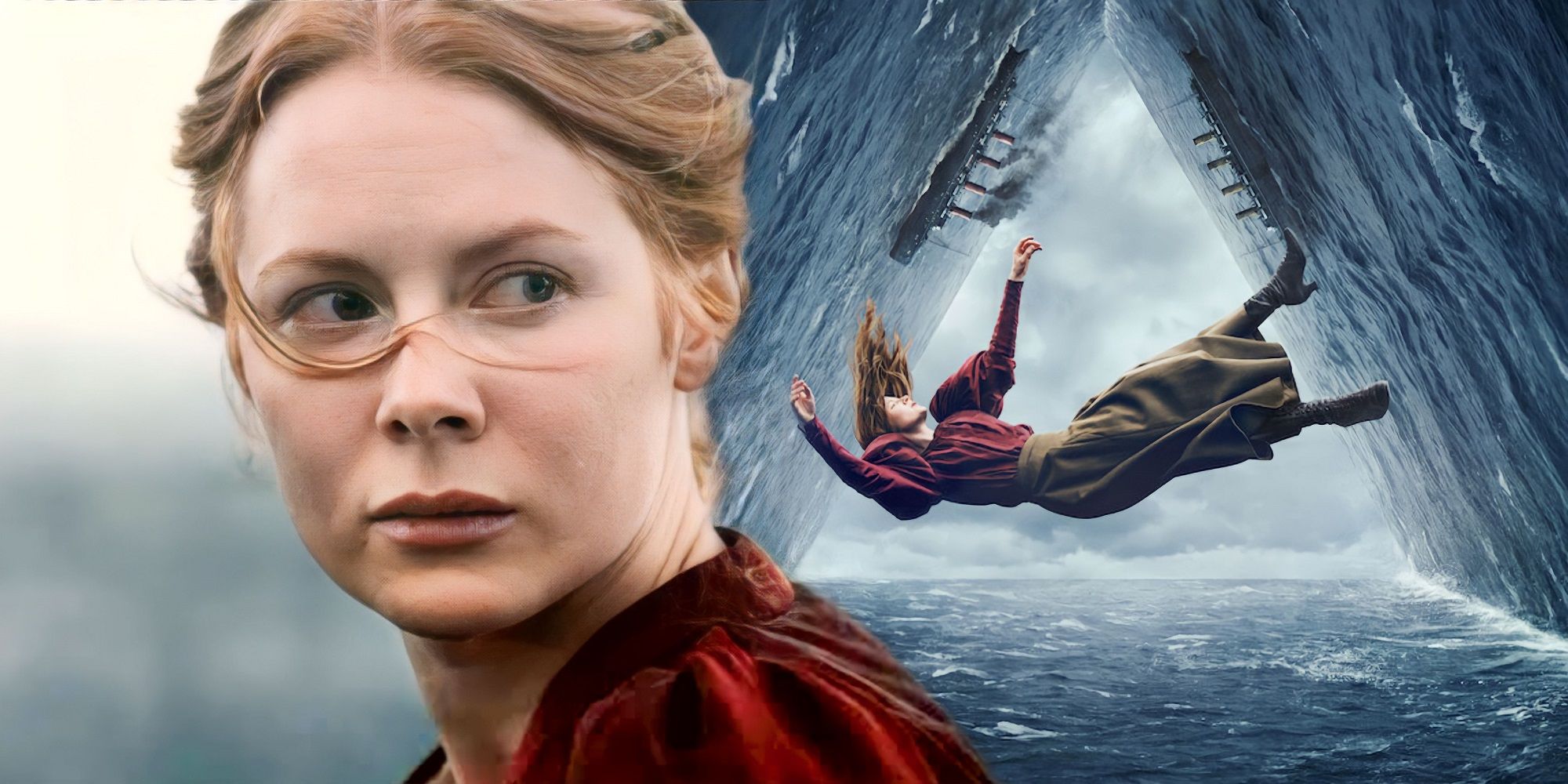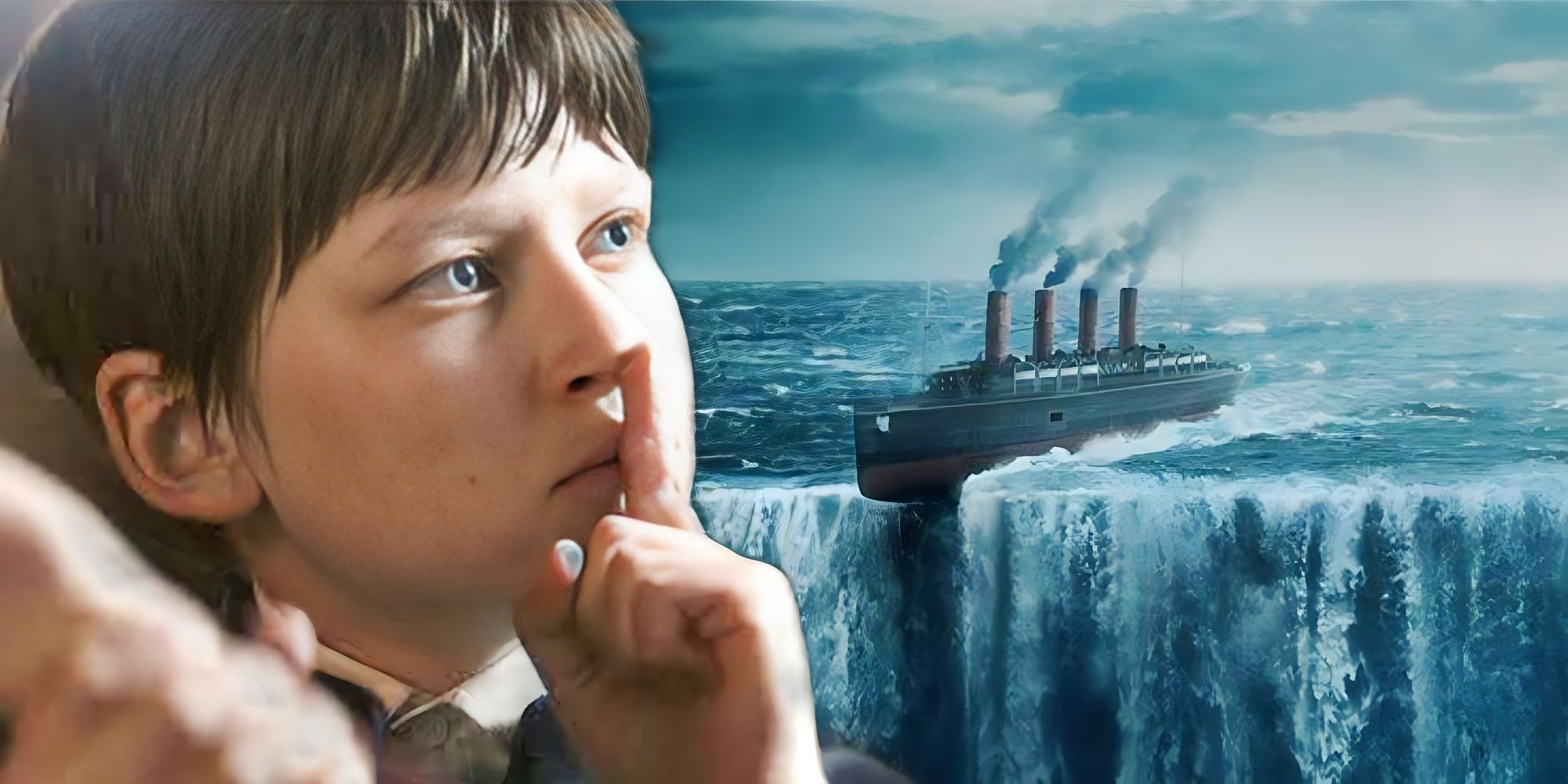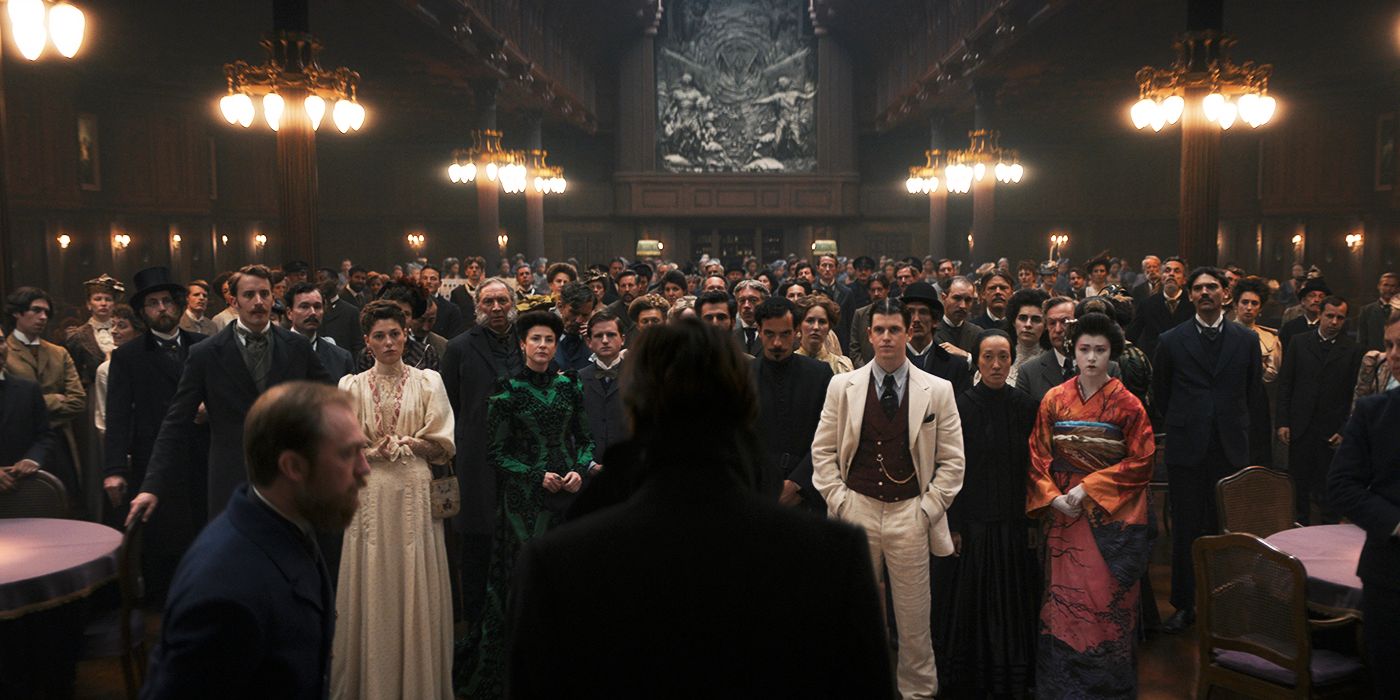1899's ending revelation resolves many underlying mysteries but undermines season 1's character development - here is how season 2 can avoid treading the same path. There is a lot to unravel in 1899's initial episodes since the series brings one mystery after another to the table. Just like it does with the passengers of its central ship, Kerberos, 1899 puts the patience of its audience to the test by giving no absolute answers to its torrent of questions. Fortunately, 1899 does not disappoint with its ending, which explains a lot by establishing that everything from its character backstories to its middle-of-the-ocean setup was a part of a simulation.
While bringing a satisfying closure to 1899's first season's pandora's box of mysteries, this climactic revelation also introduces a new wave of potential plot points for 1899 season 2. 1899's ending, where its protagonist Maura escapes her simulation and wakes up in a spaceship called Prometheus, also makes one wonder whether the series is still harping on its loopy simulation narrative device or heading in a new direction with its outer space setting. The hope that 1899 season 2 will answer these nagging questions makes its prospect all the more exciting. On the downside, though, 1899 season 1's finale twist seems to spell trouble for its future character development.
1899's Prometheus Twist Harms Season 1's Character Development
1899's closing Prometheus twist makes room for many possible stories in season 2. Contrarily, since it establishes that almost nothing in season 1's storyline is real, it hardly leaves any room for speculation surrounding its future. Even 1899's individual character arcs, which have fully fleshed out backstories by the end of season 1, seem meaningless as it is likely that they, too, were only part of the simulation and had nothing to do with the real lives of the characters.
Owing to this, it almost feels like 1899's season 1 takes a step back towards its ending instead of making progress with its character arcs. Although 1899's writers could draw some connective threads between future character narratives and the ones in season 1, the first season's Prometheus reveal makes the characters look one-dimensional despite having so much time invested in their histories. If the Netflix sci-fi TV show's season 2 continues season 1's complex simulation-inside-a-simulation narrative structure without adding any concrete elements to individual character arcs and world-building, it could crumble under the weight of its own ambitious ideas.
How 1899 Season 2 Can Overturn Season 1's Ending Mistake
Instead of creating another faux web of mysteries that only drip-feed the climactic resolution, 1899 season 2 can switch lanes by portraying how its central characters handle the perils of a simulation while being well aware of its unreal nature. By doing so, it can maintain a consistency of themes between seasons 1 and 2 without giving its characters an unsteady ground to stand on. Or, while still exploring the skewed nature of human perception and reality through simulations, 1899 season 2 can give viewers a glimpse of real character backstories to make their struggles more relatable.
Considering how the brilliant brains behind Netflix's time-travel series Dark, Jantje Friese and Baran bo Odar, are at 1899's helm, the Netflix sci-fi drama will likely find new ways to captivate audiences in its future seasons. It took Dark two seasons to find its feet, so it is possible that 1899 only needs more time to unveil the emotional core of the stories it wishes to tell. Not to mention, the fact that bo Odar and Friese have already planned three seasons for 1899 (via Indiewire) affirms that all presumed blunders and plot holes from season 1 will probably make sense towards the show's finale.



